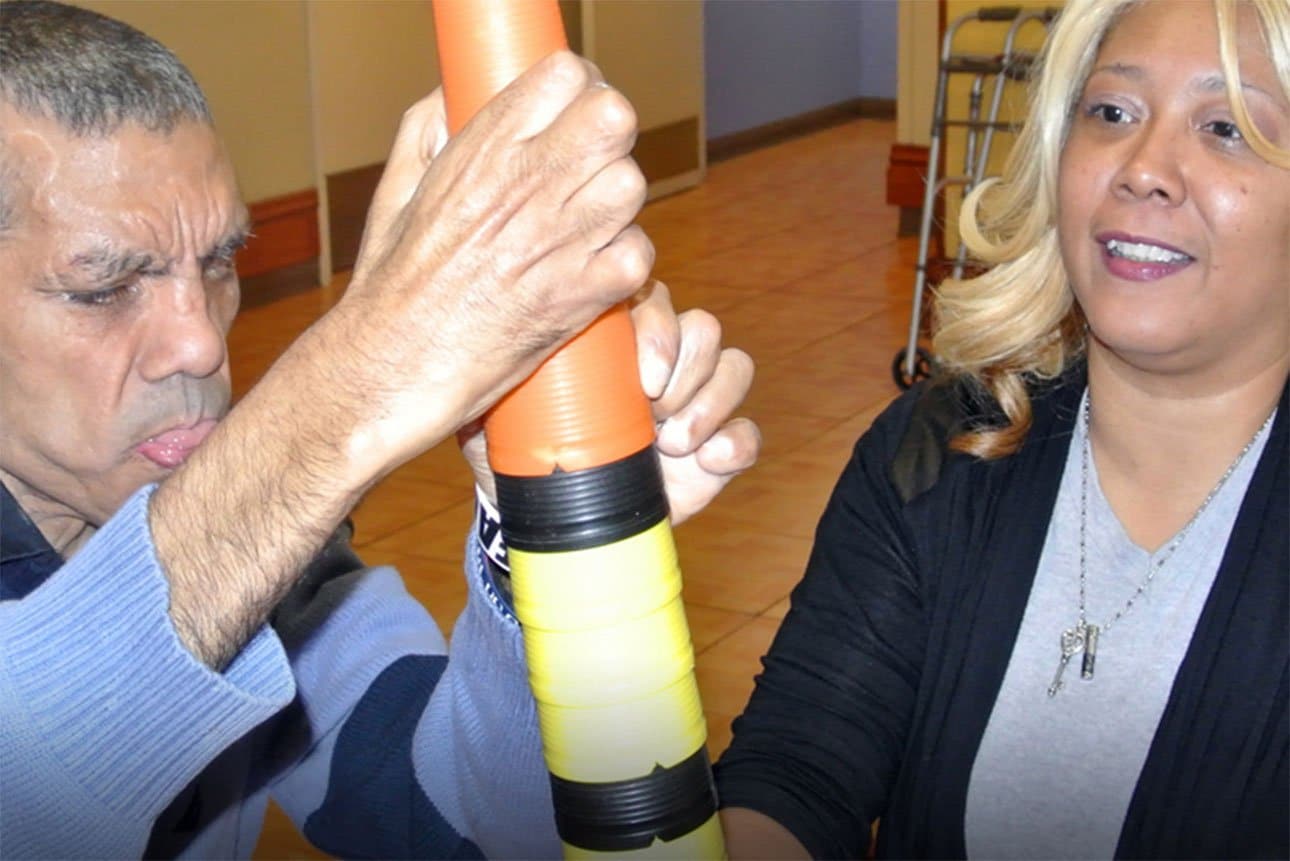As COVID-19 shelter in place orders enter their third month, Americans everywhere are struggling. While everyone is trying to make the best of the situation, it is becoming increasingly clear where support systems are failing those in the disabled community.
Financial Challenges
It’s well-documented that people with disabilities are at a disproportionately higher risk of experiencing food and housing insecurity than non-disabled members of the community. During lockdowns, disabled workers, like so many others, are losing their jobs. While the government is rolling out emergency financial assistance programs for unemployed workers, it’s these same unemployment programs that interfere with the recipient’s eligibility for other necessary programs that help feed and house them.
Medical Vulnerability
Disabled and chronically ill folks are more likely to have pre-existing medical conditions. These conditions make them especially vulnerable to the COVID-19 virus, requiring the need for them to take greater precautions. Sometimes, it is simply too difficult for them to take these extra steps on their own.
Dependent Living
People with disabilities are not always able to live independently. Some live alone but require help from aides, nurses, or assistants. Other folks may need accessible transport. Still others live in nursing facilities or group homes, where social distancing is virtually impossible. The sheer number of residents, as well as the limited roster of staff that rotates through the facility, makes spreading the virus far more likely.
Even within these support systems, resources are limited. It’s becoming more difficult by the day to offer these essential services. Providers are sinking under the added weight to an already struggling system.
With the combined effects of medical vulnerability, job loss, dependence on various supports, and financial duress, it’s clear that the disabled community is facing an uphill battle. As they attempt to weather wave after wave of hardship, it becomes more difficult to cope.
Though members of the disabled community are dealing with COVID-19 differently, there is a shared understanding: living with a disability during a global health pandemic is no easy task.
It’s because of these factors and others that people who live with disabilities are experiencing a higher risk level during the COVID pandemic. And it’s because of them that support services do their utmost to help those who need it.
Support Is Needed
Of course, no two disabilities are exactly alike. Individuals have vastly different needs depending on their level of independence. No matter what’s going on in the world around us, that need for care does not change.
Currently, service providers for the disabled community are experiencing higher than average demand due to illness and other reasons related to the virus. There are simply too many people that need help and not enough employees or funding to help them all.
Providers are facing unprecedented challenges – on top of lost revenue and higher operating costs. The financial weight is significant, but there are so many people who can’t live without these services. With no definitive end in sight for social distancing measures, home and community-based services need more funding to bring help where it’s needed.
Independent Living Association works tirelessly to serve the disabled communities in Brooklyn, Queens, Manhattan, and Staten Island, NY, but we can’t do it alone. Please consider donating to help support our community efforts. You can be a part of the solution.

































































